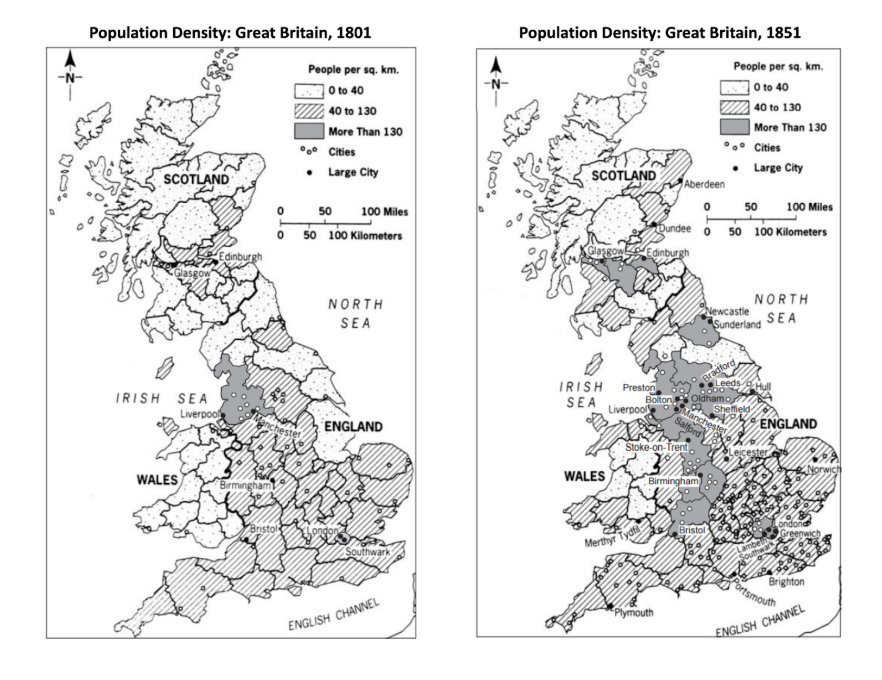Unit 5: An Age of Revolution and Empire Study Guide
1/15
There's no tags or description
Looks like no tags are added yet.
Name | Mastery | Learn | Test | Matching | Spaced |
|---|
No study sessions yet.
16 Terms
Factors that contributed to the Ottoman Empire decline:
Development of other trade routes, rising unemployment, corruption, etc.
Became less centralized
What were the Intentions behind the edict of 1635? How did it reflect a policy of isolationism?
Closed borders to foreigners
Isolate themselves from the rest of the world
Did not want Christianity to spread or trade with other countries (Europeans)
Purpose: explore views of Japanese government towards outsiders
French Revolution: Identify the 3 Estates system.
Estates: 1st: Clergy / 2nd: Nobility / 3rd: Everyone else
3rd Estate pays heavy taxes that supported the other estates
French Revolution: Identify the Philosopher(s) who inspired the document above (Declaration of the Rights of Man and the Citizen)
John Locke
Inspired by promoting individual liberties and freedoms.
Catherine the Great: Identify the term: Enlightened Despot
An absolute ruler who is influenced by the philosophies of the enlightenment.
Otto Von Bismarck: How does “Blood and Iron” reflect a policy of militarism and nationalism?
militarism - highlighting the need for military strength to achieve goals
nationalism - by promoting a unified nation focused on it’s people.
Causes of Industrial Revolution in England:
Refer to the maps to the right and describe what changed and why.

England develops new cities around natural resources such as coal fields.
Went from rural areas to urban industrial cities.
Effects: environmental issues / innovations like steam engines that power factories and employ people in England.
Adam Smith: Identify “The Wealth of Nations” and laissez faire economics.
Promotes minimal government involvement, leading to increased wealth for business owners
“The White Man’s Burden”: Identify the purpose and how it relates to imperialism
Justifies imperialism and colonialism
Europeans believed they had to civilize the people they controlled
What were the Opium Wars?
Opium Wars - conflicts fought in China in the mid-19th century between the forces of western countries and the Qing dynasty.
Treaty of Nanjing: what was the outcome and who benefited?
Treaty of Nanjing ended the first Opium War and gave the British the island of Hong Kong and better trade deals.
Africa: Identify the Resource Curse.
When a place is rich in natural resources but does not have the tools to handle them.
Lot's of resources: Can do more harm than good
Africa: Identify the purpose behind colonization of Africa.
European countries colonized Africa for natural resources
Simón Bolivar: What was the motivation for independence? What was his goal?
He aimed to unify South America, motivated by the enlightenment and other revolutions.
Commodore Perry and the Meiji Japan: What happened? Who was involved? How did Japan change?
Perry came to Japan and forced them to trade with the U.S. and end their period of isolationism.
Japan opened more ports to trade with the U.S. and other countries.
Where was the ottoman empire located?
Middle East (Modern Day Turkey)